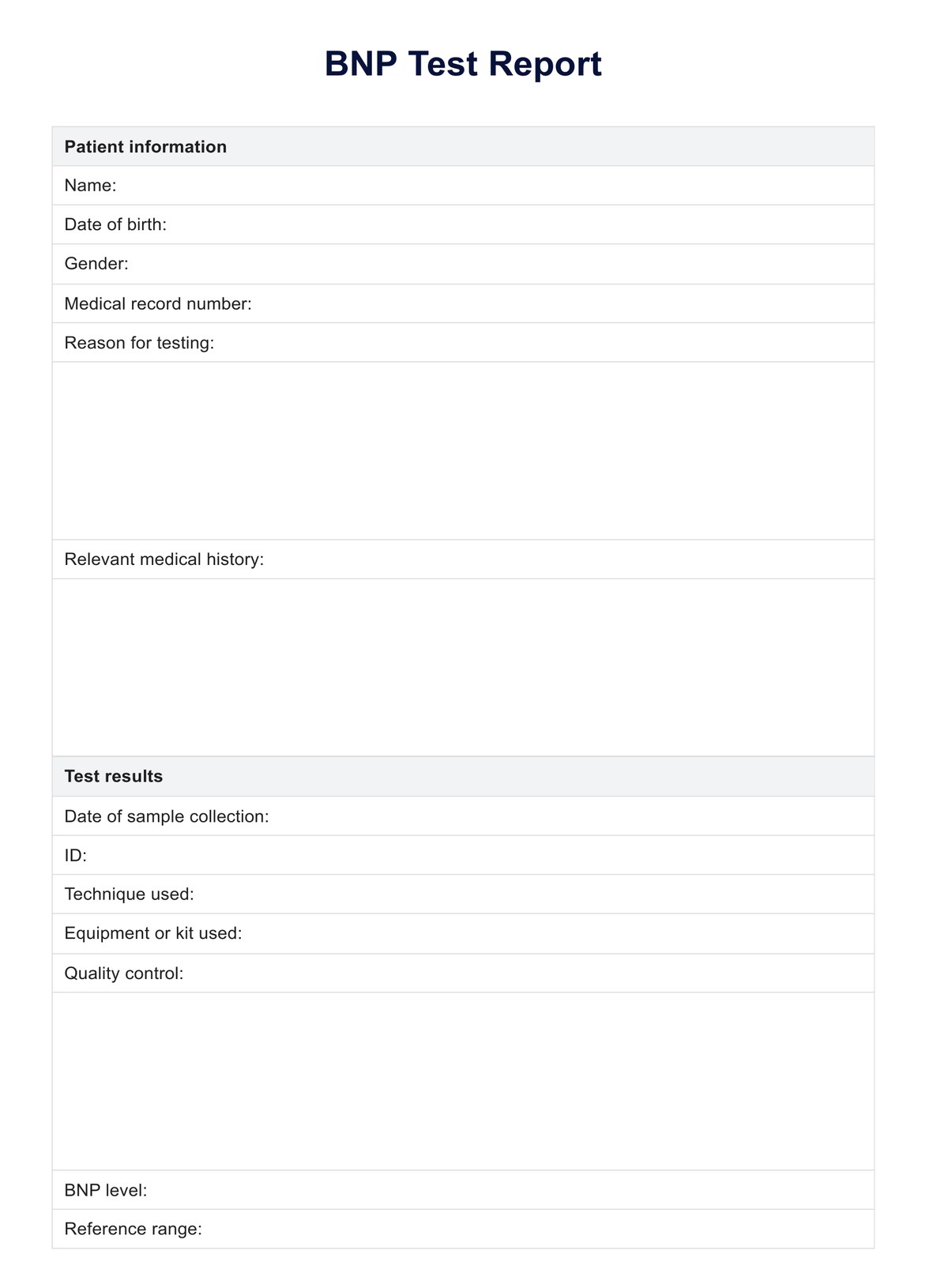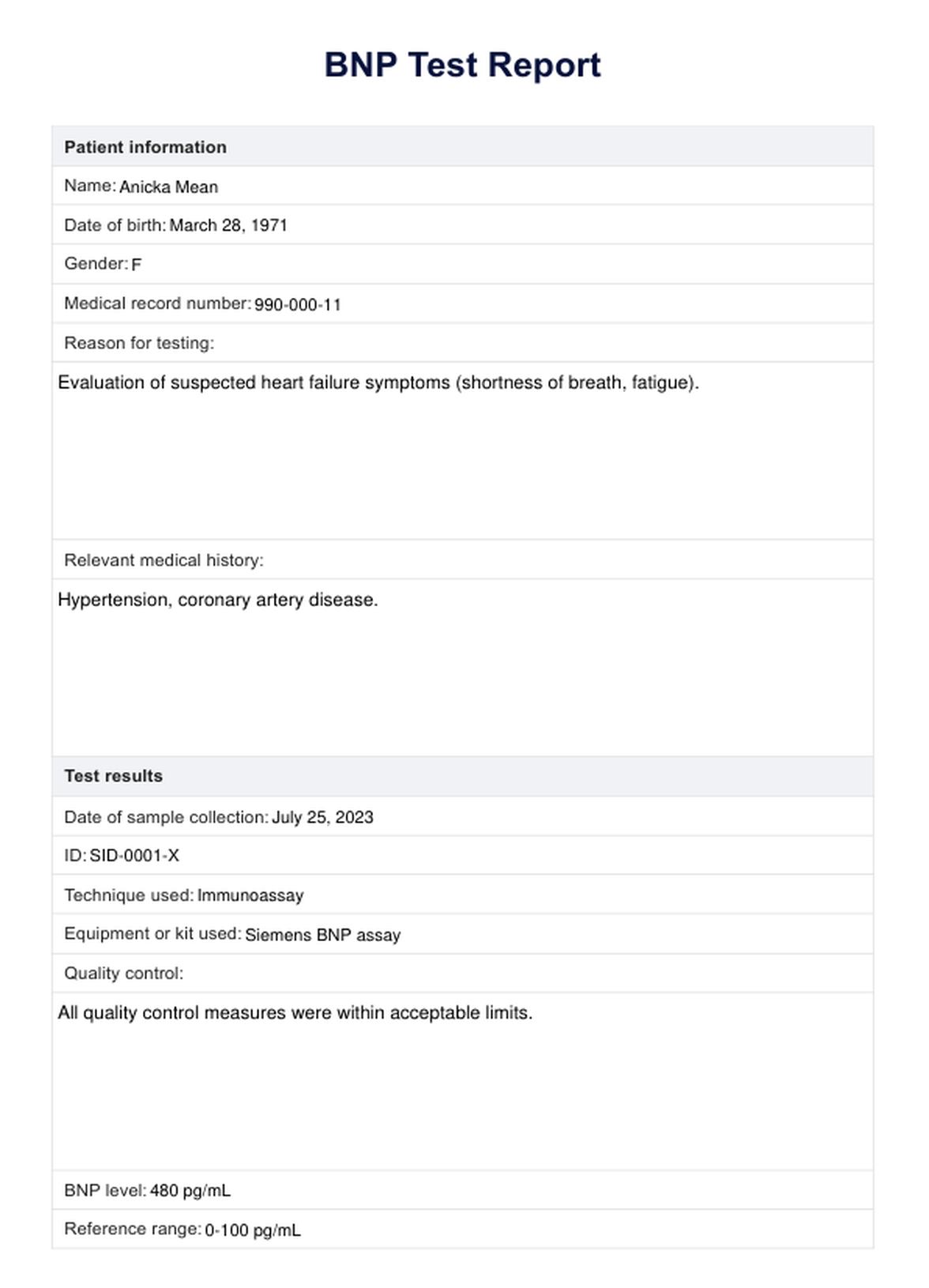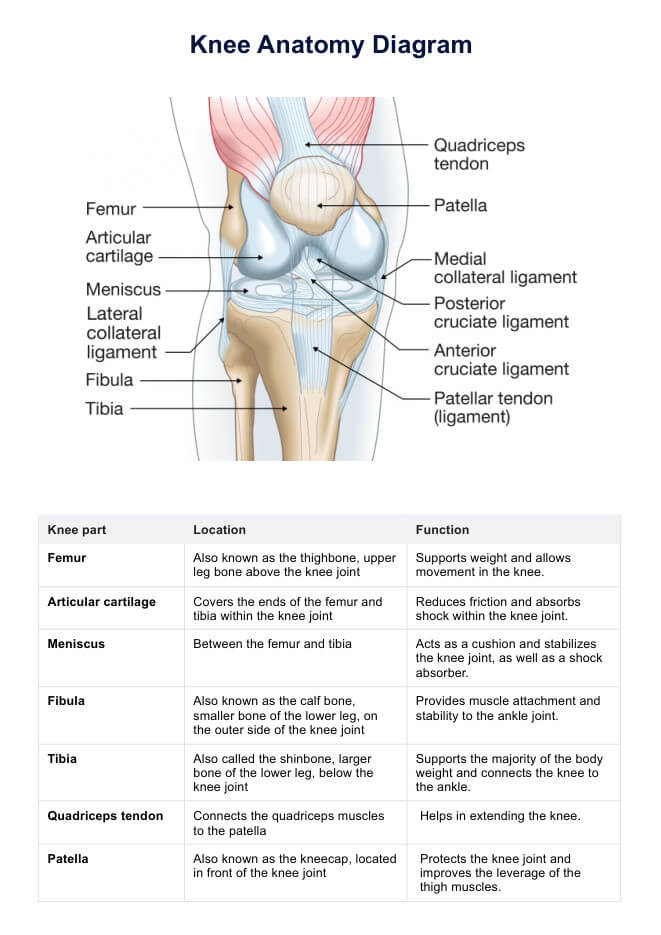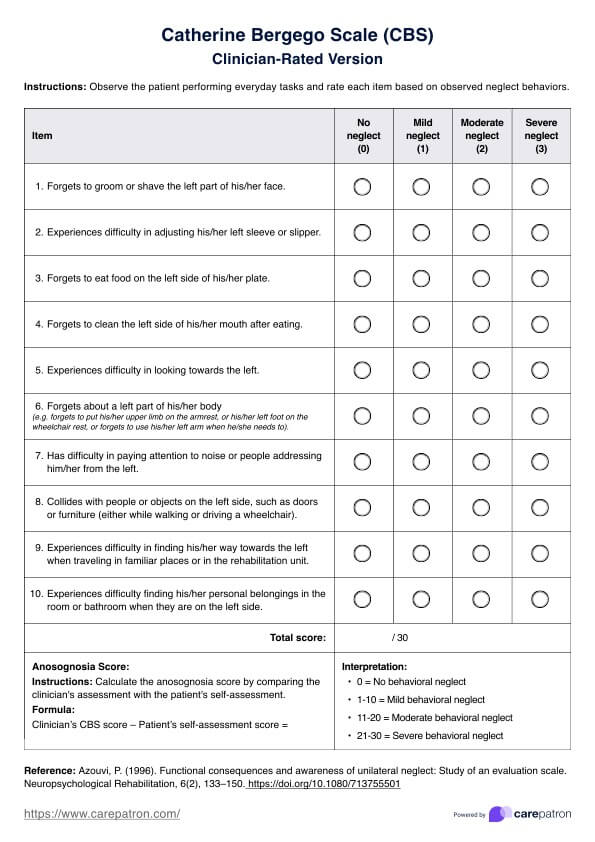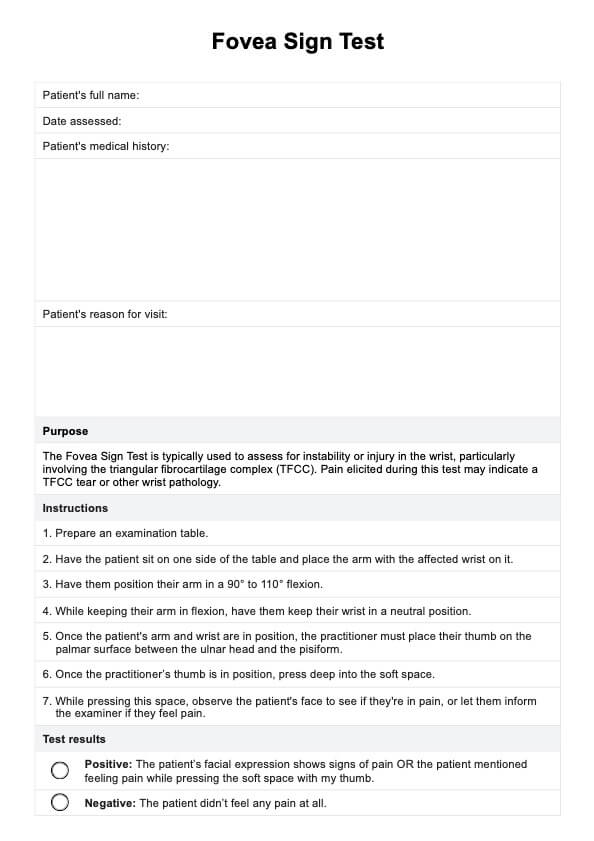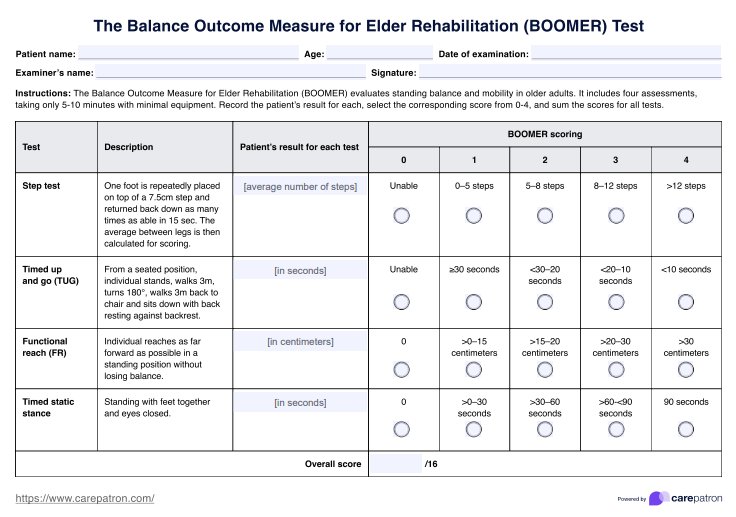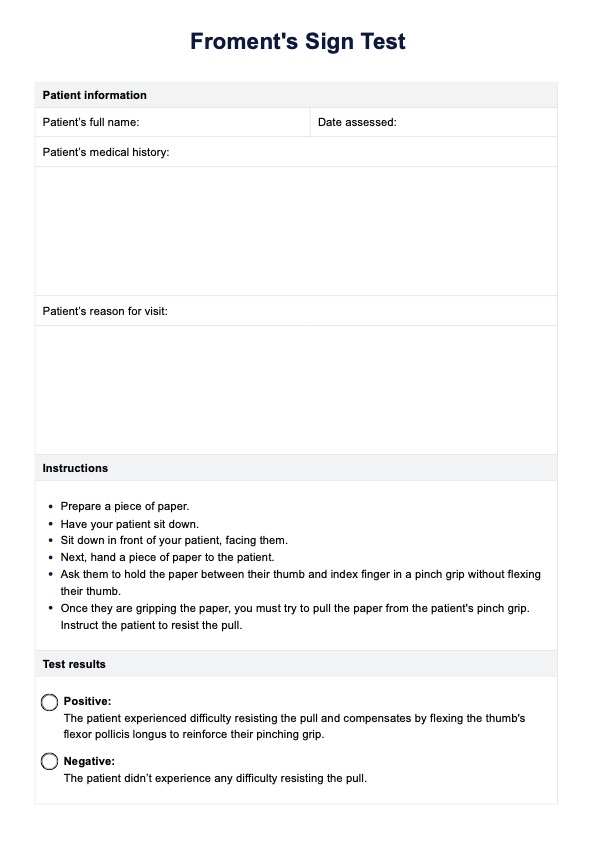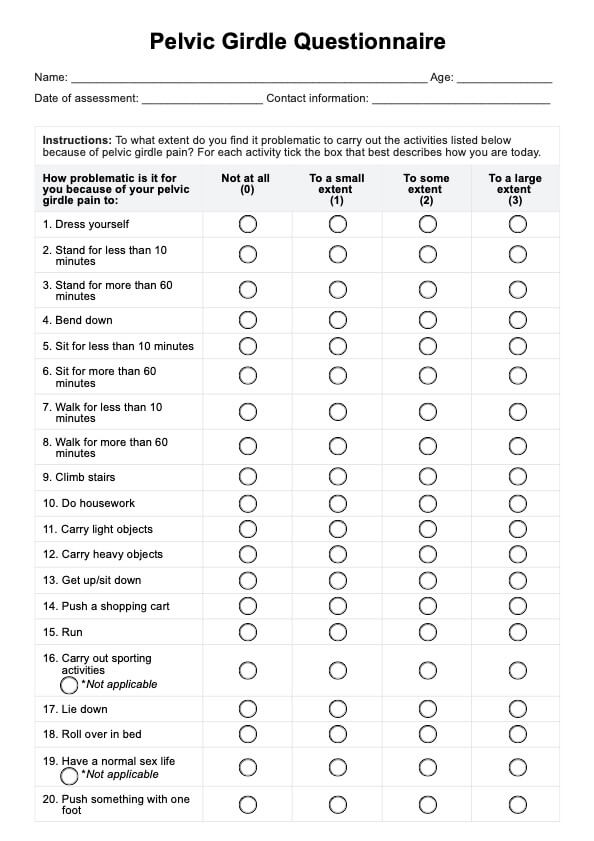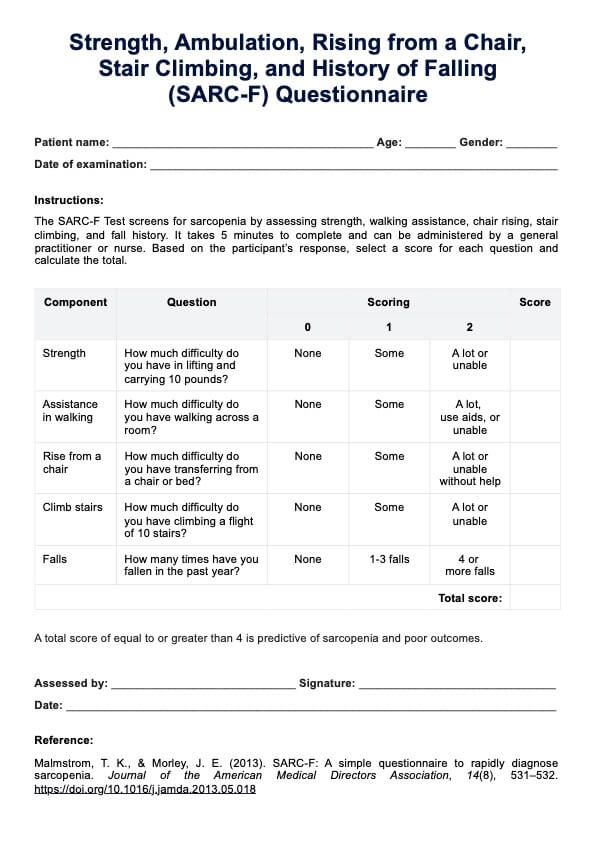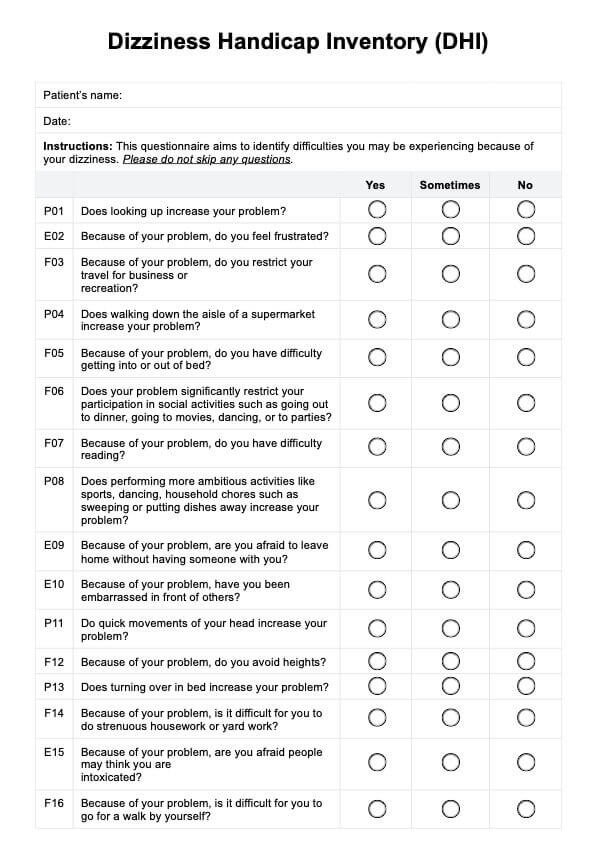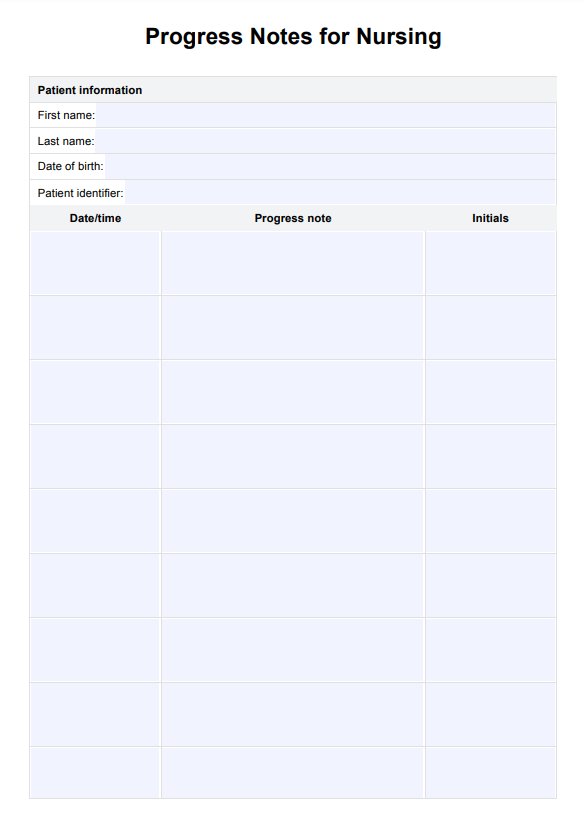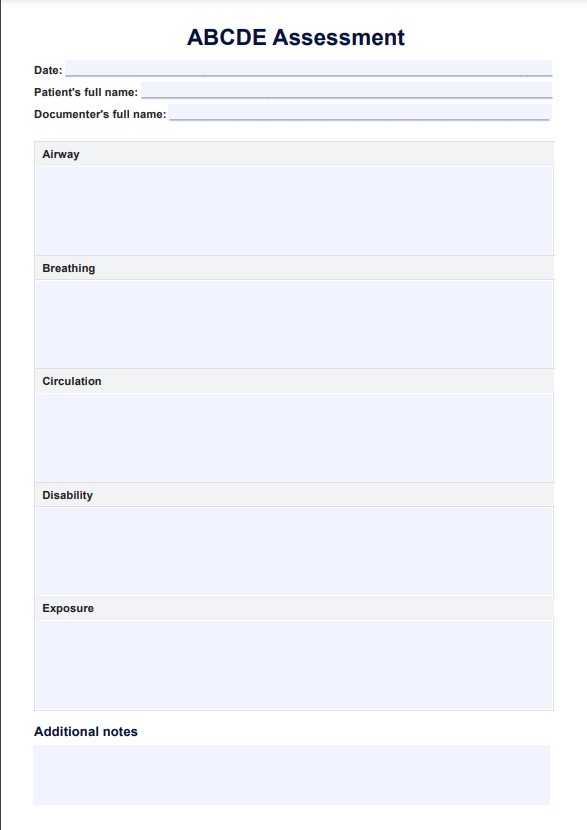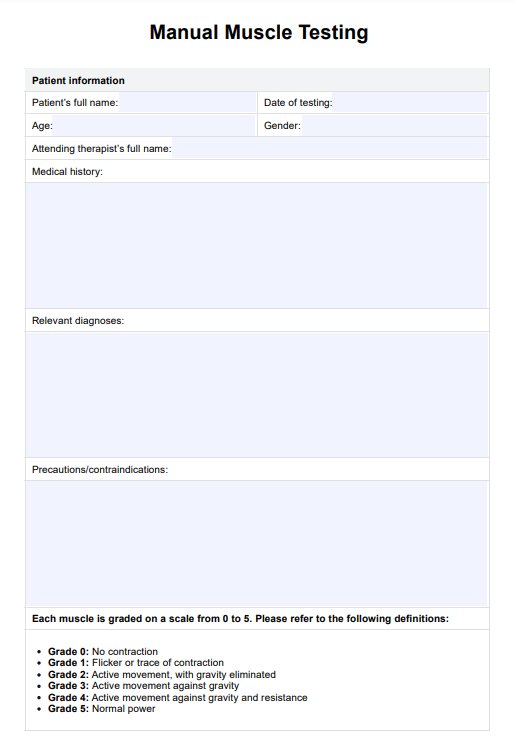BNP Test Report Template
Get a free BNP Test Report Template. Use this PDF to record BNP Test values and streamline your clinical documentation.


What is a B-type natriuretic peptide (BNP) test?
The B-type natriuretic peptide (BNP) test measures the levels of natriuretic peptides, proteins produced by the heart and blood vessels, which play a crucial role in diagnosing heart failure. Typically present in small quantities, elevated levels of BNP and NT-proBNP in the bloodstream can indicate heart failure, where the heart struggles to pump enough blood to meet the body's demands. This test is essential for healthcare professionals to effectively diagnose and monitor heart failure.
The BNP test is a straightforward blood test that measures the level of B-type natriuretic peptide produced by the heart muscle in response to increased pressure or stress. Elevated BNP levels suggest that the heart is under strain and not pumping blood efficiently, a hallmark of heart failure. While the BNP test alone cannot diagnose heart failure, it is a valuable tool used alongside other diagnostic tests, such as echocardiograms and physical examinations, to determine the severity of heart failure and guide treatment decisions.
BNP Test Report Template
BNP Test Report Template Example
What is the purpose of the BNP blood test?
The BNP blood test is primarily used to diagnose and monitor heart failure. By measuring the levels of B-type natriuretic peptide in the blood, healthcare professionals can determine the presence and severity of heart failure. Elevated BNP levels indicate the heart is under stress, a crucial marker for heart failure. Additionally, the test helps assess the effectiveness of treatment plans; decreasing BNP levels typically signifies successful management of heart failure.
Moreover, the BNP test aids in identifying potential complications related to heart failure and differentiates it from other conditions with similar symptoms, such as lung disease. For example, it can help determine if difficulty breathing is due to heart failure or another issue. Elevated BNP levels also correlate with the severity of heart failure, providing valuable information on how hard the heart is working to pump blood, which in turn helps healthcare professionals track disease progression and adjust treatment plans accordingly.
The impact of BNP on heart failure
BNP is a hormone produced by the heart and blood vessels, specifically in response to increased pressure or stress on these organs. When the heart muscles are overworked due to acute heart failure or high blood pressure, they release BNP into the bloodstream.
This hormone plays a crucial role in maintaining cardiovascular health by causing blood vessels to dilate and increasing the amount of oxygen-rich blood pumped by the heart. However, in cases of chronic heart failure, prolonged exposure to BNP can damage the vessels, leading to further complications.
BNP testing has become an integral part of heart failure diagnosis and management. Unlike other diagnostic tools, such as X-rays or echocardiograms, a BNP blood test is non-invasive and can provide quick results. This makes it a valuable tool in emergency departments, where prompt diagnosis and treatment are crucial.
Normal BNP range by age and sex
The levels of BNP in the bloodstream can vary depending on age and sex. As a person ages, their BNP levels tend to increase gradually, and patients can benefit from a BNP Levels Chart.
A normal BNP level ranges from 0-100 picograms per milliliter (pg/mL). Higher levels may indicate heart failure or other cardiac issues, while lower levels may suggest a different underlying condition (Novack & Zevitz, 2020).
Women tend to have slightly lower BNP levels than men, except pregnant women, who may have higher levels due to increased heart stress during pregnancy. These variations in BNP levels highlight the importance of considering age and sex when interpreting test results.
Moreover, BNP levels can also vary depending on the individual's overall health and underlying medical conditions. For example, those with heart failure may have significantly higher BNP levels compared to healthy individuals of the same age and sex.
Preparing for the BNP test
Like any other blood test, a BNP test is a simple procedure that involves collecting a small blood sample from the patient. Before the collection, a healthcare professional will ensure the area is clean using an antiseptic. A needle will be used to draw blood from a vein in the arm during the test.
It's important to note that no special preparations or fasting are required for a BNP test. However, patients may be advised to avoid strenuous exercise before the test. This precaution is recommended as vigorous physical activity temporarily elevates BNP levels, potentially affecting the test's accuracy.
By taking this precaution, healthcare professionals can ensure the most reliable and accurate interpretation of the BNP test, aiding in the effective management and diagnosis of cardiovascular conditions.
Understanding the results
Here are the possible interpretations of the BNP test results:
- Normal: In healthy individuals, the levels of BNP in the blood are usually less than 100 pg/mL.
- Elevated: Higher than normal levels of BNP may indicate heart failure, a condition where the heart is not pumping enough blood to meet the body's needs. Other conditions that can cause elevated BNP include kidney, lung, high blood pressure, and coronary artery disease.
- Extremely high: Extremely high levels of BNP (more than 500 pg/mL) are a strong indicator of acute heart failure. In this case, immediate medical attention is required to prevent life-threatening complications.
The results of a BNP blood test can also help distinguish between different types of heart failure. For example, congestive heart failure often presents with high BNP levels, while low BNP levels may indicate other causes, such as lung disease or kidney problems. To offer an additional helpful resource for your patients, consider providing them with a BNP Levels Chart that includes the relevant values.
Other tests for heart failure
In addition to a BNP test, you may also use other blood tests to diagnose heart failure. These include measuring levels of atrial natriuretic peptide (ANP) and other natriuretic peptides. These hormones are secreted by the vessels in response to changes in the blood's pressure and volume.
Other standard diagnostic tests for heart failure include imaging tests such as echocardiograms and heart stress tests. These can provide valuable information about the structure and function of the heart, allowing you to identify any abnormalities or signs of reduced cardiac output. Heart TEE tests are also commonly used to evaluate the functioning of the heart valves and to assess any potential blockages in blood vessels.
Reference
Novack, M. L., & Zevitz, M. E. (2020). Natriuretic peptide B type test. PubMed; StatPearls Publishing. https://www.ncbi.nlm.nih.gov/books/NBK556136/
Commonly asked questions
A high B-type natriuretic peptide (BNP)level typically indicates the presence of heart failure or other forms of cardiac strain. It is important to note that age, kidney function, and certain medications can also affect BNP levels.
Normal B-type natriuretic peptide (BNP) levels can vary depending on age and other factors, but generally, a BNP level below 100 pg/mL is considered normal. However, it's important to note that this range may differ slightly between laboratories.
Yes, B-type natriuretic peptide (BNP) is considered a biomarker for heart failure and can help healthcare professionals diagnose and manage the condition. However, it should not be used as the sole diagnostic tool; other factors such as symptoms, medical history, and imaging tests should also be considered.


